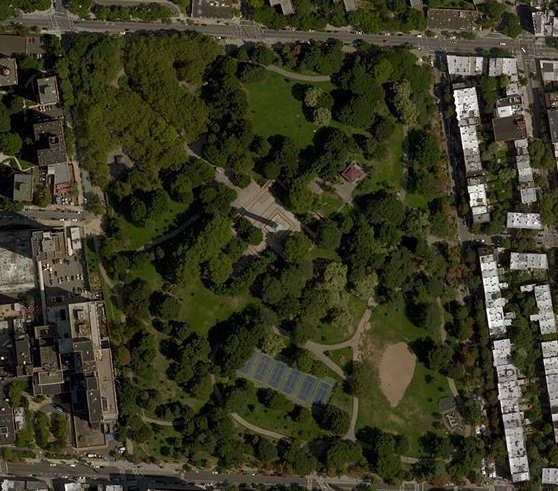AriStructural
Structural
I passed my FE exam and completed my B.S in Civil Engineering in 2014.
One of my clients have contacted me for his surveying projects. I've never done any surveying before beside college but I think I'm smart enough to figure it out.
Is there any law that prevents me from taking this project (I live in California)?
One of my clients have contacted me for his surveying projects. I've never done any surveying before beside college but I think I'm smart enough to figure it out.
Is there any law that prevents me from taking this project (I live in California)?

